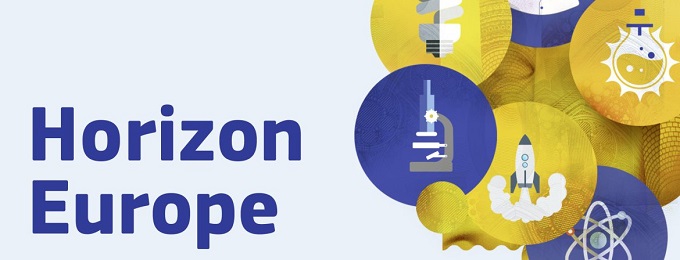The Horizon Europe consultation triggered more than 8’000 responses. The first results show appreciation for the EC’s orientations towards the strategic plan.
On 4 October, the European Commission (EC) closed its two public consultations for the co-design process of Horizon Europe, the consultation on key strategic orientations for the first four years of the Framework Programme and the consultation on the implementation strategy for Horizon Europe. Both surveys taken together led to a total of more than 8’000 responses coming from 99 countries thus covering a much wider geographic area than just the EU members and Horizon 2020 associated countries, as statistics show.
Most responses (6’806) provided input towards the first survey, the orientations towards the Horizon Europe strategic plan. While half of them originated from universities and research organisations as expected, respondents also included businesses and industry, non-governmental organisations (NGOs), public authorities and international organisations as well as many individuals. In general, the respondents supported the targeted impacts and priorities for the programme, as outline by the European Commission (EC) in their ‘Orientation towards the Strategic Plan’. They show particular confidence in research and innovation for tackling global challenges ahead, such as designing sustainable solutions to tackle climate change and to foster deep tech and disruptive innovations to make Europe fit for (digital) transformation. Respondents also expressed their support for the pursuit of an open science policy, an adequate balance of research and innovation activities and cooperation with the rest of the world through an internationally open programme. Finally yet importantly, the promotion of collaboration between actors in higher education, research, innovation and business received the respondents’ appreciation.
The second survey on the implementation strategy for Horizon Europe triggered 1’550 responses, of which only 40% came from universities or research organisations. Other interested stakeholders included business and industry, public authorities, NGOs and international organisations as well. The respondents appreciated the simplification measures already implemented in Horizon 2020, but emphasized a need for further improvements as also proposed by the EC with simplified model grant agreements, cost models and audit procedures.
Some stakeholder organisations preferred to go beyond the online survey and publish their own position papers in response to the two consultations. The European Federation of Academies of Sciences and Humanities (ALLEA) published its statement “Delivering Horizon Europe” on 10 October. The paper builds on the EC’s ‘Orientations towards the Strategic Plan’, which also served as a basis for the online consultation, as well as discussions the EC held with stakeholders during the first ‘Research and Innovation (R&I) Days’ on 24-26 September. It presents input towards better conditions for research and innovation in the EU for the coming years with the following priorities: focus on funding excellence and blue sky thinking, support for research mobility, fair distribution of funds to the different clusters of Horizon Europe Pillar on ‘Global Challenges and Industrial Competitiveness’, a broad understanding of innovation beyond technology, a critical assessment of Missions and continuation of partnerships, as well as openness to the world.
As a next step, the EC published a complete report with detailed analysis on the web-based stakeholder consultations including also a chapter on the R&I Days on 31 October. The analysis serves as an input for a second version of the Orientations towards the Strategic Plan document, which the EC will published on the same day. In a second consultation round, umbrella stakeholder organisations, such as Science Europe, are now invited to comment on the document in an online format until 17 November to give input for moving further from the orientations towards a strategic plan.

